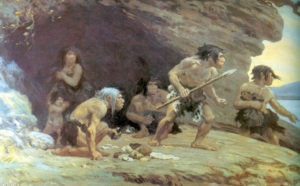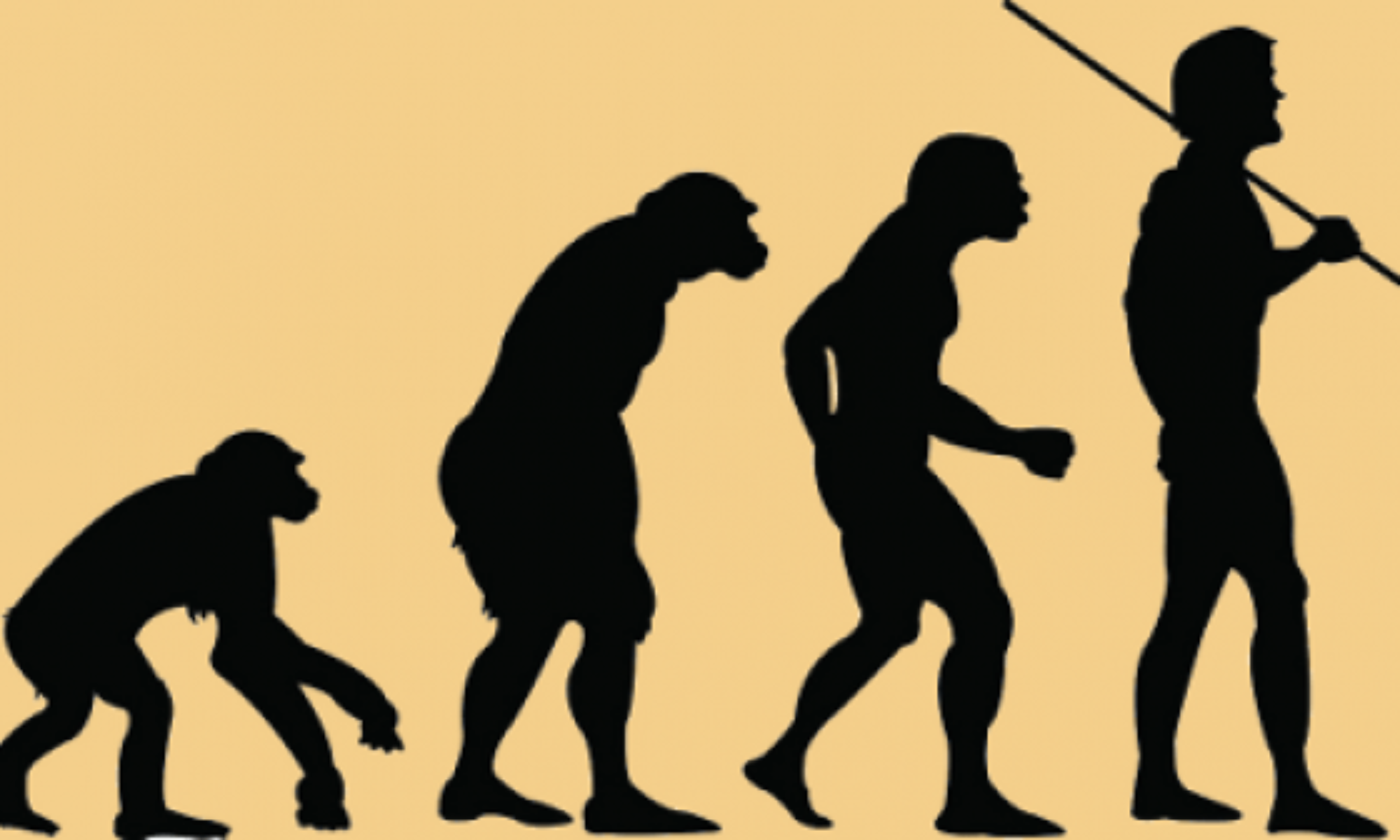Chapter 8: The Paleofantasy Family
This chapter is focused on the uniqueness of the human baby and why it is so different than any other species’ young. Our babies are much less independent than any other primate infant and need much more care and coddling from the mother. Dr. Zuk is a strong supporter of the OB theory in that because of our bipedalism and larger brains babies are born prematurely and thus our brains develop largely outside the womb. Zuk holds the view that because of this human beings were the ones who invented the idea of childhood, and in some ways adolescence, as almost all other babies are born able to function, reach sexual maturity, and reproduce much faster than humans. It was interesting to read the Dunsworth 2018 article on EGG because in it she explicit quotes Dr. Zuk as a proponent of OB theory in Paleofantasy, so as I was reading both points of view it was very interesting to see two sources that I was currently reading disagree in such a way.
Next, the author points out another anomaly with human babies in that usually the baby has multiple caregivers besides its mother. With other primates, it is very rare to see a baby interact with anyone besides its mother. With humans, although they have very strong connections with their mother, they also have other relationships. This is a unique trait to humans and is deemed alloparenting. She hypothesizes that this is the case because it allows human babies to wean off their mother’s milk earlier, and although they still need a lot of care, it’s not all on the mother so she can get pregnant again quicker. This is the reason why we are able to have so many siblings so close in age. The term for this is called cooperative breeding, which is the idea that the whole family helps raise the infant instead of just the mother. An example of another animal that does this is meerkats where the whole troop helps take care of the young as there is only one couple that breeds.

Another interesting topic she brings up is the field of evolutionary pediatrics. She uses Dr. James Mckenna’s research from Notre Dame to show that many of the Western practices of childcare is against our nature. He says that children still need to be taken care of the same way they have been for millions of years. This includes almost constant contact with their mother, especially when sleeping as well as tending to them whenever they cry. He believes that babies have evolved to sleep in social environments, so we should adhere to their nature and give them as much attention as possible.
